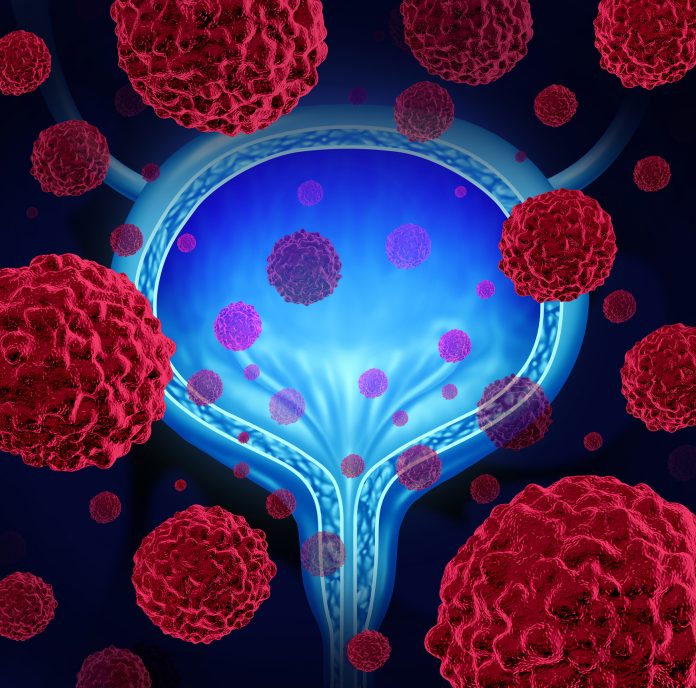Researchers have found a specific form of a certain protein, called ubiquitin and responsible for the general housekeeping of cells, to help regulate events in memories causing post-traumatic stress disorder (PTSD) in female brains.
The researchers from Virginia Tech, US, said that ubiquitin regulates cells through normal daily functions and that for it to be doing this function in the context of PTSD in females was very “surprising”.
Their study is published in the journal Molecular Psychiatry.
Also Read | Google announces mental health wellness tools
This protein, ubiquitin, even has its name originating from ubiquitous because of its presence across all walks of life.
“The protein is primarily thought of as a protein that marks other proteins to be destroyed,” said Tim Jarome, an associate professor at the university.
The form of this protein that the researchers could manipulate, called K-63, was found to be selective in forming fear memories in the female brain.
Also Read | Coping with Post Traumatic Stress Disorder
“Oftentimes, molecules are found in the brain that are involved in forming these fear-based memories in both sexes, and this is the first time that we found one that’s selectively involved in one sex,” said Jarome.
“In particular, this was found in the sex that seems to be more likely to have PTSD. It’s rare to find these mechanisms that are specific to one sex in terms of regulating the underlying factors that cause PTSD,” said Jarome.
The discovery could lead to the development of better therapeutic treatments for PTSD, the researchers said.
PTSD is a complex disorder with a variety of therapeutic treatment options that include pharmacological approaches. By having a specific molecule to target, pharmacological approaches could be considered.










